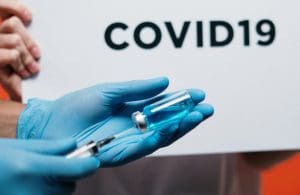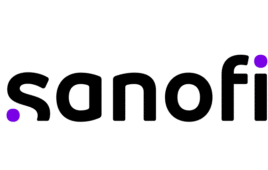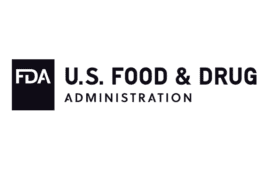
[Photo from Pexels]
CAD affects older adults primarily. The anti-CD20 therapies commonly used off-label to treat the disease also increase the risk of serious COVID-19 infections and interfere with the immune response to COVID-19 vaccines.
Furthermore, COVID-19 infections and vaccines appear to be correlated with CAD exacerbations. Multiple publications suggest that CAD patients exposed to the anti-CD20 therapy rituximab, for instance, do not mount a strong antibody response to COVID-19 vaccines.
A study published in Blood focused on CAD patients receiving Enjaymo (sutimlimab-jome) from Sanofi (Nasdaq:SNY) and at least one COVID-19 vaccine dose. Drawing on data from the Phase 3 CARDINAL and CADENZA studies conducted during the pandemic, the ad hoc post-study analysis examined whether sutimlimab affected antibody generation in response to COVID-19 vaccines. The researchers found there wasn’t a decrease in patients’ ability to mount an appropriate antibody response to the COVID-19 vaccines while receiving sutimlimab.
“Another important thing about CAD is that any immunologic stimulation such as a vaccine can sometimes cause an acute exacerbation of the hemolysis,” said Dr. Catherine Broome, a study coauthor who is board certified in internal medicine, hematology and medical oncology. “The study also looked at whether patients on sutimlimab have issues with a disease flare in response to the COVID vaccine.”
The researchers did not find signs of hemolytic crisis or hemolytic flare in their evaluation.
The study was presented at the American Society of Hematology (ASH) Annual Meeting & Exposition (Abstract #1208).
Sutimlimab became the first drug to win FDA approval for CAD in February. Sutimlimab is a monoclonal antibody targeting the complement-specific serine protease C1s, which drives the mechanism of CAD.
As the only treatment indicated to decrease the need for red blood cell transfusion resulting from hemolysis in adults with CAD, sutimlimab has significantly altered the treatment landscape for the disease.
Anti-CD20 drugs used off-label to treat CAD can take several weeks or longer to be effective if they are effective for a given patient.
“They’re effective a little bit more than 50% of the time, but the efficacy has been shown to wane, Broome said. “The remissions only last a median of about 11 months, so it’s not a therapy that has long-term efficacy for our patients.”
Pooled data from the CARDINAL and CADENZA studies found that sutimlimab substantially reduced fatigue symptoms for many patients while improving a variety of quality-of-life metrics.
Notably, the drug was associated with a reduction in fatigue for many patients.
Anemia mediates some of CAD patients’ fatigue symptoms, but “the vast majority of the fatigue is mediated by the fact that [CAD] is a chronic inflammatory disorder,” Broome said.
The classical complement cascade involved in the disease leads to a systemic inflammatory state.
In both the CARDINAL and CADENZA studies, researchers saw an improvement in Functional Assessment of Chronic Illness Therapy (FACIT)-Fatigue before the actual improvement in the anemia.
“It does take a little while for patients to build these new red blood cells,” Broome said. “It seems as though getting control of the complement activation, which is central to hemolysis, is an important part in controlling the systemic inflammatory state and then allowing for the normalization of hemoglobin.”
Filed Under: Hematology, Infectious Disease



